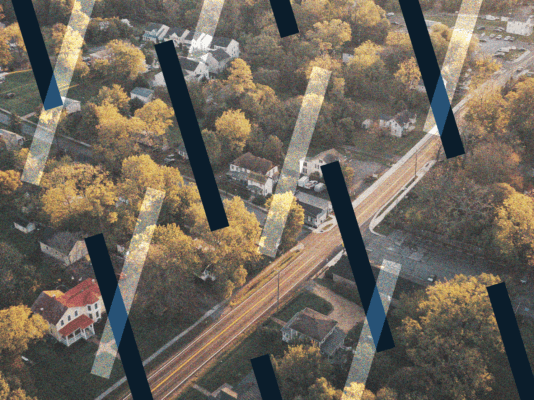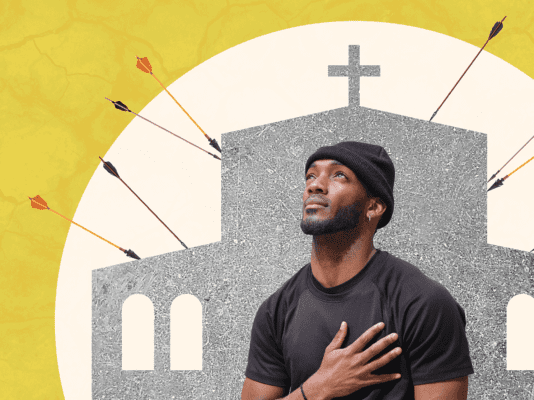This week marks the end of what can be considered the loneliest season of the year.
The lonely season unofficially starts around Thanksgiving, extends through the Christmas season, peaks in the cold, dark days of January, and then finishes on Valentine’s Day. Unfortunately, for many people the loneliness they experience continues long after this season has passed.
Loneliness occurs when there is a significant mismatch or discrepancy between a person’s actual social relations and relationships they need or desire. A person may experience loneliness because they are alone or isolated (known as social loneliness), but they may also experience loneliness while surrounded by people if those relations lack an intimate attachment (known as emotional loneliness).
While loneliness has always been a part of the human condition, the current age is facing what has been described as an “epidemic of loneliness.” And that was before the COVID-19 pandemic led to even more social isolation. Today, more than half of U.S. adults (58%) are considered lonely.
Here are three ways we can serve those who are suffering from loneliness.
1. Know which groups are most likely to be lonely
Almost everyone experiences loneliness at certain times of the year or at specific times throughout their lives. But there are times during the human lifespan when loneliness is more likely to be acute.
Age: A study published in 2020 found that levels of loneliness were highest for people in their 20s and lowest in the 60s with another peak in the mid-40s. More than 2 in 5 adults (42%) aged 18 to 34 report “always” feeling “left out,” compared to just 16% of people aged 55 or older who say the same.
Race: People from underrepresented racial groups are more likely to be lonely compared to the total adult population.
Income: Those with lower incomes are lonelier than those with higher incomes. Nearly two-thirds of adults (63%) earning less than $50,000 per year are classified as lonely—10 points higher than those earning $50,000 or more.
Parents: Parents are also likely to be lonely. About 65% of parents and guardians are classified as lonely, a 10-point gap compared to non-parents (55%). They also report a strong sense of feeling left out, as 42% of lonely parents always feel this way compared to 24% lonely non-parents.
Mothers are especially likely to be considered lonely (69%)—seven points higher than the rate of loneliness among fathers (62%). Single parents are particularly likely to struggle with loneliness, as more than 77% classify as lonely.
Christians can get lonely too. Just because we have Jesus does not mean that we don’t desire other relationships. “It would be cruel to suggest that human friendship is irrelevant once one has befriended by Christ,” Dane Ortlund writes in his book Gentle and Lowly. “God has made us for fellowship, for union on heart, with other people. Everyone gets lonely—including introverts.”
2. Recognize that social media is likely to cause more loneliness than it cures
One of the reasons people in their 20s may feel more lonely is because they are becoming increasingly socially isolated compared to earlier periods of their life, such as high school or college.
Social media may heighten the effect, since it can make other people appear—whether true or not—to have richer and more meaningful social lives than the person who feels lonely. Engaging with people on social media can also give us a false sense of intimacy, making us feel as if we have a relationship with people we don’t really know. The result of this “Instagram illusion” is that we can eventually feel even more emotionally lonely than we did before.
If someone has higher than normal levels of engagement on social media, it is likely that they are suffering from social isolation, emotional loneliness, or both. Make an effort to engage with them as directly as possible, preferably in person. Encourage or invite them to participate in offline activities either with you or with a group.
Churches can also help by sponsoring activities that facilitate engagement between people who might not know each other. Too often, our default setting is to host events where church people interact primarily with their own friends and family. Make an extra effort to reach out to those who are struggling to find connection.
3. Help the lonely find their “family.”
Psalm 68:6 tells us, “God sets the lonely in families” (NIV). While this may sometimes be true of the natural family, it should always be true for the family of God.
“In biblical terms, the people in the pews around us are our family,” says Megan Hill. “Like the members of our biological family, we haven’t chosen them for ourselves, but they have been chosen for us, and we are therefore inseparably bound to them. Because we belong to Christ, we belong to his family.”
One of the most helpful ways to serve the lonely is by helping them find the community of believers who will help them establish the relationships they truly need. Invite the lonely to church, and show them where they can find a family in Christ that will be with them for all eternity.









